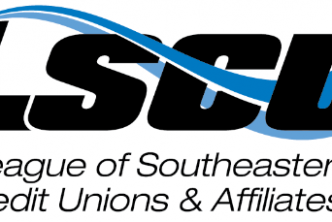This article was submitted by Laura Gober, vice president of compliance and regulatory services for the LSCU & Affiliates.
Earlier this year, during a panel discussion on hot topics at Regulatory Compliance School hosted by CUNA, the issue of overdraft litigation was addressed. Similar to the letters threatening ADA website lawsuits credit unions started receiving a few year ago, we are now seeing overdraft demand letters.

These demand letters make allegations such as:
- the credit union improperly assessed overdraft fees based on the available balance rather than on the actual balance in the member’s account when the transactions clear, in assessing these fees;
- the credit union breached the account agreement, which either misstates when the credit union charges overdraft fees or fails to disclose how fees are calculated; and
- the credit union has misled members as to when fees will be charged by failing to clearly define available balance.
While these types of lawsuits are not new to the credit union industry, recently there has been an increase in litigation around this topic. What mitigating steps can credit unions take to minimize overdraft litigation risk? Kela Wingard, compliance coordinator for the LSCU, has the following tips to share:
- Make sure you understand how fees are calculated and confirm that your contract(s) (e.g. account agreement), along with additional material (e.g. written policies and procedures) accurately describe your practices. This may require an explanation of debit hold authorizations.
- Ensure your account agreement explains how transactions clear the account, and if there is any sequencing of transactions. Based on past litigation, you should avoid any sequencing of transaction amounts from high to low.
- Verify your practices accurately reflect what is in your disclosures.
- Verify that your processing system can perform what is stated in your disclosures.
- Verify you obtained affirmative consent to charge overdraft fees as required by the opt-in rules of Regulation E.






